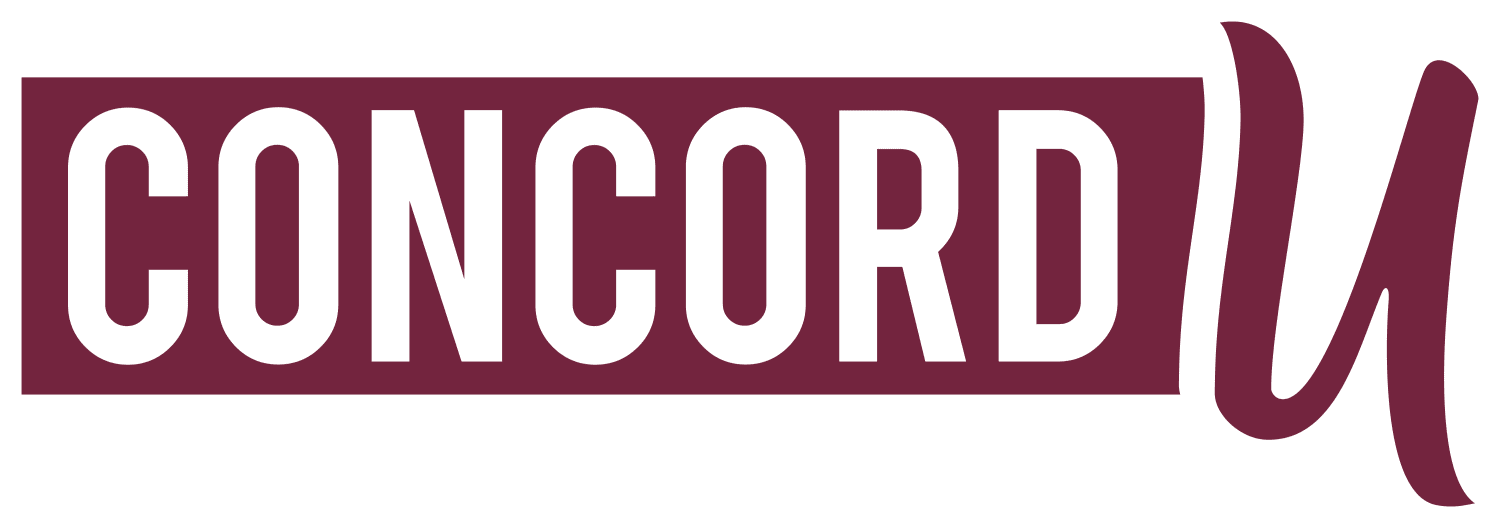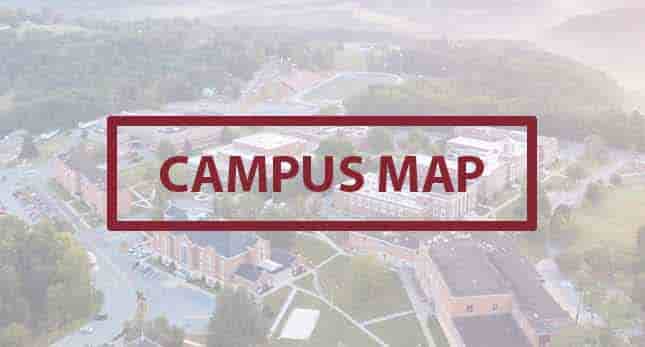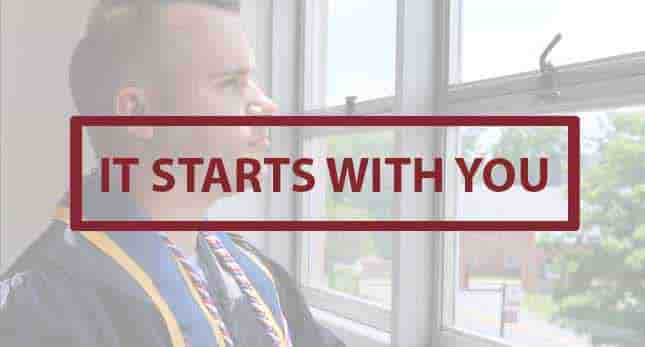To apply for a Federal Direct loan(s), you must complete the Free Application for Federal Student Aid (FAFSA), be enrolling in a minimum of 6 credit hours in degree pursuant courses and be meeting Satisfactory Academic Progress. In addition to completing the FAFSA, all first-time borrowers must complete Entrance Counseling and a Master Promissory Note (MPN) before loan funds can be disbursed to their student account. The amount of subsidized and/or unsubsidized loans you are eligible for is based on grade level, dependency status, financial need, and cost of attendance. In addition to annual limits, the Department of Education has limits on the amount a student can borrow overall in pursuit of their undergraduate degree. Repayment begins 6 months after you have withdrawn, graduate or dropped below 6 credit hours. Students are required by federal regulation to complete the exit counseling requirement. A financial hold will be placed on your account until we receive notification it has been completed. Plus loans are federal loans in the parent’s name for their student’s educational expenses. The parent borrower must not have an adverse credit history, and the maximum loan amount is the cost of attendance minus any other financial aid received. Only parents of undergraduate, dependent students can apply for this loan. CU requires the Plus Application to be submitted through the FSA website located at https://studentaid.gov/plus-app/parent/landing. The application typically become available in early to mid-April for the upcoming academic year. If approved, the parent will then go on to complete a Parent Plus Master Promissory Note (MPN). There are two ways that you may still be able to qualify for a Direct PLUS Loan: If you qualify by obtaining an endorser or by documenting to the satisfaction of the U.S. Department of Education that there are extenuating circumstances related to your adverse credit history, you’ll also be required to complete PLUS counseling before you can receive a Direct PLUS Loan. If you apply for a Direct PLUS Loan and are notified that you have an adverse credit history, you’ll be given detailed information on the options for qualifying by obtaining an endorser or submitting documentation of extenuating circumstances, along with instructions on how to complete the required PLUS counseling. For more information contact the U.S. Department of Education Student Loans Support Center at 800-557-7394.Undergraduate Federal Student Loans
Subsidized and Unsubsidized Student Loans
Undergraduate Annual Limits For Direct Student Loans
Subsidized
Total (Subsidized & Unsubsidized)
Dependent – Undergraduate Students
First Year (0 to 29 credits)
$3,500
$5,500
Second Year (30 to 59 credits)
$4,500
$6,500
Third Year & Beyond (60+ credits)
$5,500
$7,500
Independent or Dependent Student with a Current Parent Plus Denial
First Year (0 to 29 credits)
$3,500
$9,500
Second Year (30 to 59 credits)
$4,500
$10,500
Third Year & Beyond (60+ credits)
$5,500
$12,500
Aggregate Limits For Direct Loan
Subsidized
Total (Subsidized & Unsubsidized)
Dependent – Undergraduates
$23,000
$31,000
Independent – Undergraduates
$23,000
$57,500
Repayment
Loan Facts:
FAQ
Direct Parent Plus Loan
Reminders and Tips
What do I do if I have been denied?
Undergraduate Federal Student LoansBayleigh Meadows2024-12-11T15:10:04-05:00


